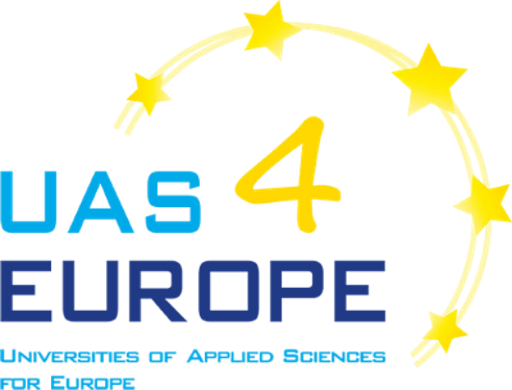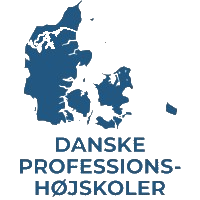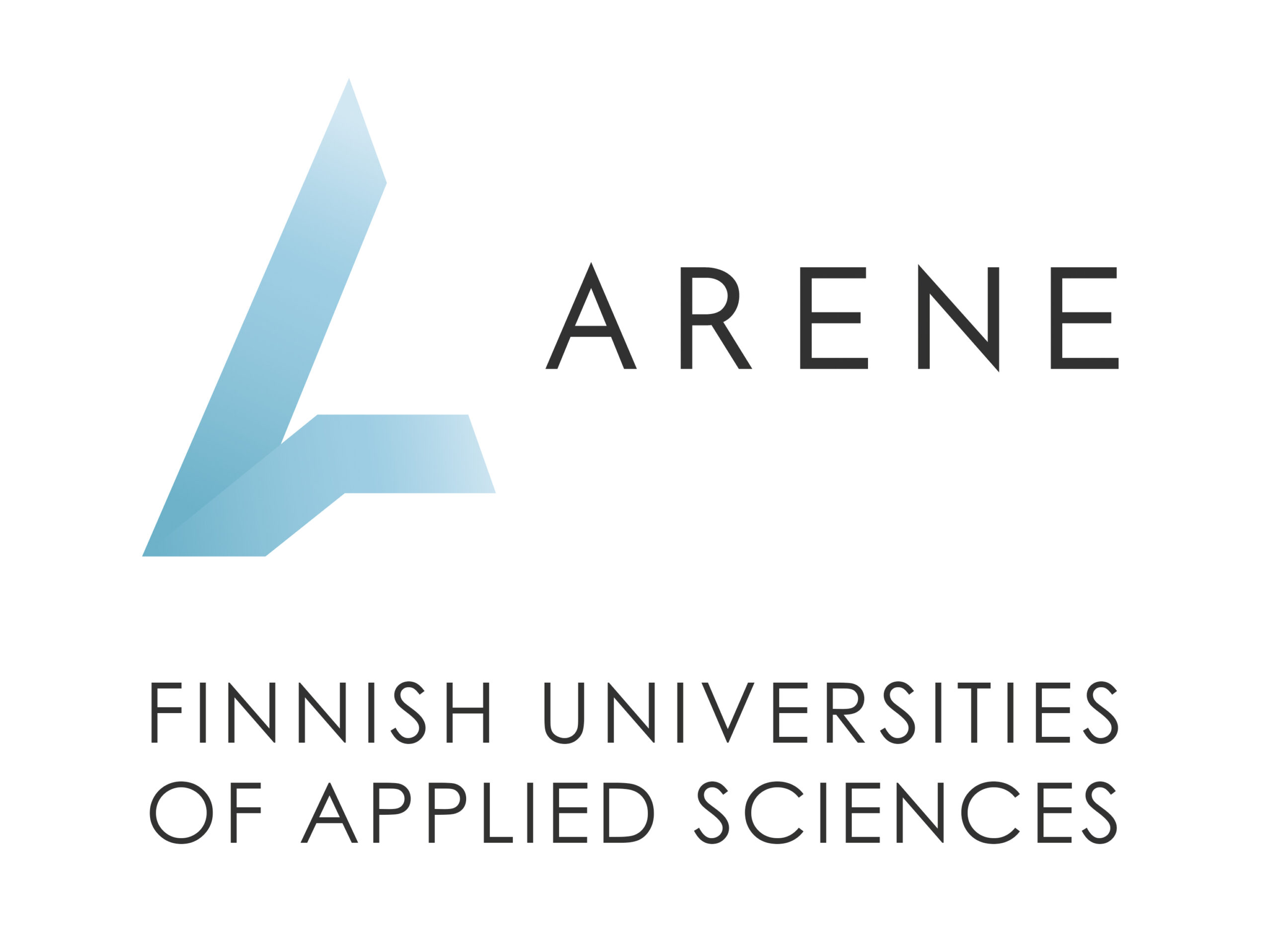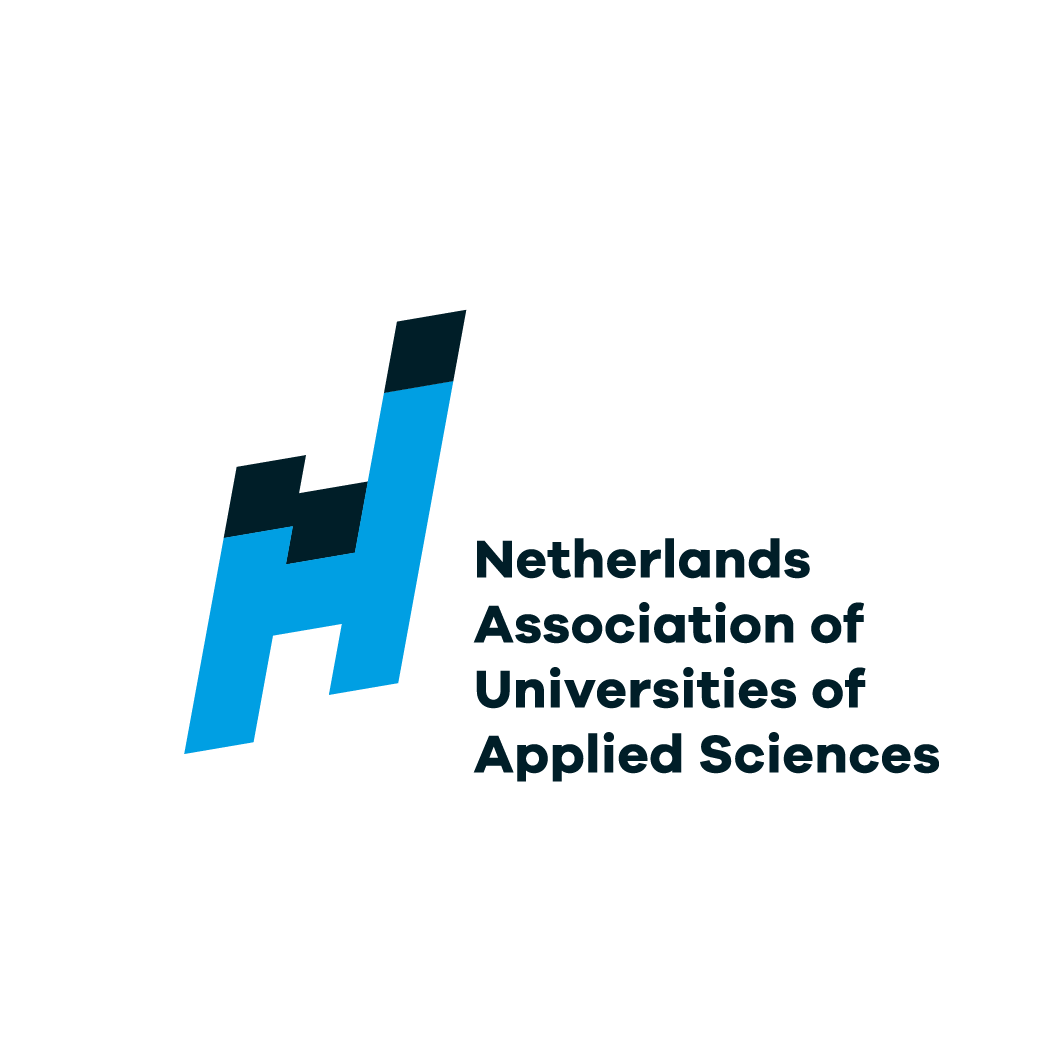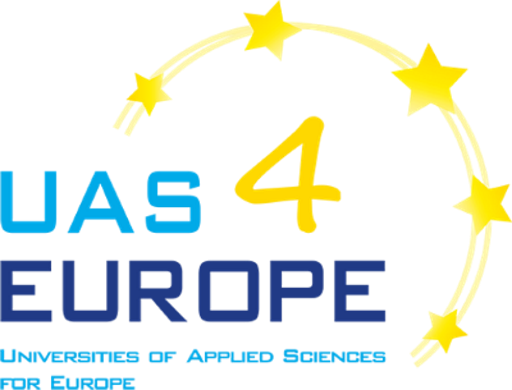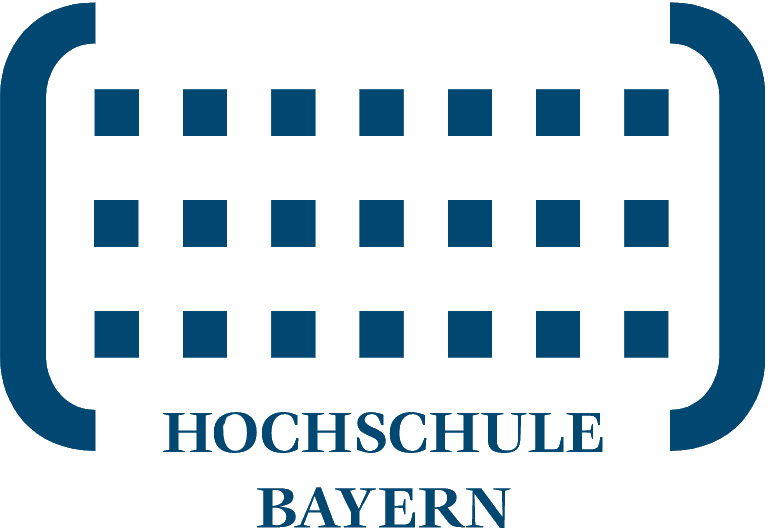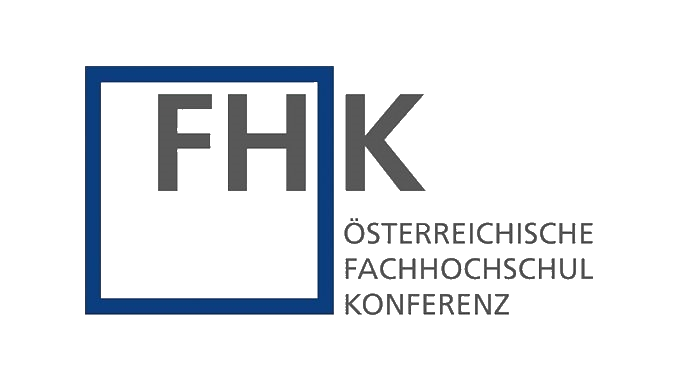Faces of UAS4EUROPE: Dr. Silvia Apprich
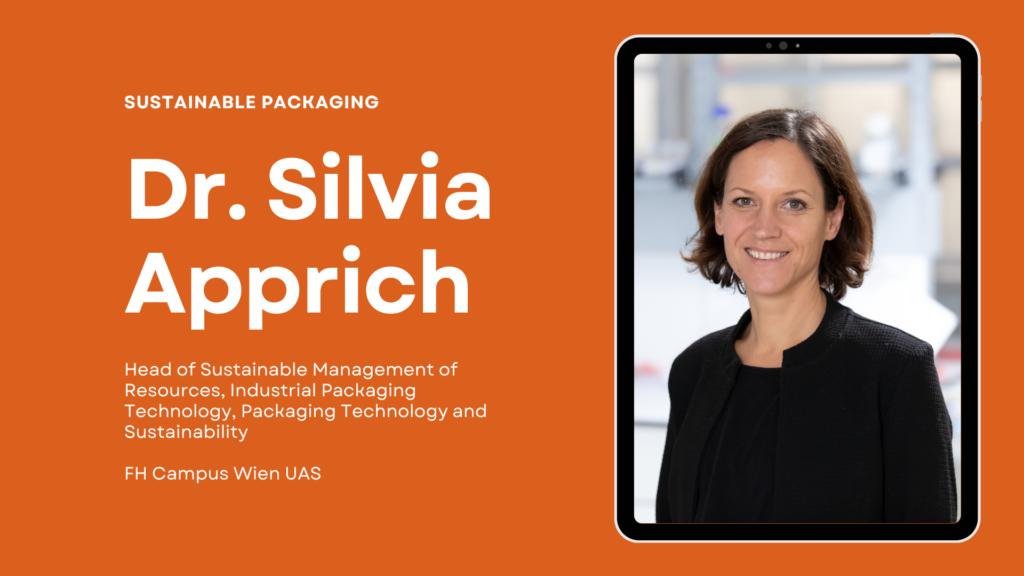
Dr. Silvia Apprich is Head of Sustainable Management of Resources, Industrial Packaging Technology and Sustainability at FH Campus Wien University of Applied Sciences.
On the occasion of our second edition of “Faces of UAS4EUROPE”, Dr. Apprich sat down with us to discuss the relevance of sustainable packaging in today’s socio-economic context and her experiences with European collaborative research projects.
Dr. Silvia Apprich on…
… her biography and research focus
Silvia is a food technologist, having completed her PhD studies in food science and biotechnology at the University of Natural Resources and Life Sciences Vienna. After working in that field for 16 years, she switched to FH Campus Wien UAS in 2015, where she started to dive into the subject of packaging. Four years later, in 2019, she became Head of Sustainable Management of Resources, Industrial Packaging Technology and Sustainability, the function she holds at the time of the interview.
At FH Campus Wien UAS, Silvia focuses on two research areas: the safety assessment of packaging materials and the sustainability assessment of packaging. By applying a holistic approach to these assessments, Silvia not only analyses carbon footprints of packaging production and lifecycle but specifically also assesses the recyclability of materials. She underlines that, against the perception of many consumers, using less packaging material is often counterproductive as this reduces their shelf life. Silvia’s holistic approach, however, aims at increasing shelf life of packaging material by up to 400% with the use of low-carbon plastics.
… on the relevance of sustainable packaging
Silvia states that packaging is marked by a socio-political relevance as “everybody is using it as a part of the products consumers buy, rather than a by-product”. Furthermore, sustainable packaging is specifically mentioned in the Green Deal of the European Commission. In this context, Silvia stresses the relevance of reaching recycling quotes. By 2030, 55% of plastic packaging needs to be recycled. Contrary to other materials such as glass, paper or metals, “we are really far away from reaching these quotes” in plastics with Austria currently only recycling approximately 22%. At the same time, Europe faces the problem of a lack of regulation, which would allow the use of recyclates for food packaging. So far, only PET bottles are allowed to be made of recycled plastics. Therefore, “eco-design of packaging is a must”.
While the packaging industry has already reduced the thickness of plastic materials such as of bottles by up to 70% over the last five years, “the focus now is on redesigning packaging”. In this context, multi-use packaging seems promising but only if transportation routes are left out of the equation. Silvia notes that “circular economy is not always good from an ecological point of view”, as multi-use plastics often comes with a large carbon footprint due to long transportation routes. Silvia and her team therefore focus on the lifecycle assessment of packaging products, while acknowledging that it is “quite complex to calculate the sustainability of products and processes”.
… on her research successes
Within the framework of the Austrian Competence Centre for Feed and Food Quality, Safety and Innovation (FFoQSI), Silvia contributed to the development of Packaging Cockpit, a software that enables packaging users (i.e. the food industry) to assess their packaging regarding sustainability issues. This includes their direct (carbon footprint) and indirect (recyclability) environmental impact. The software further offers ways to improve products based on those indicators.
In addition to Packaging Cockpit, FH Campus Wien UAS in 2018 published its first annual Circular Packaging Design Guideline, which offers recommendations for a state-of-the-art eco-design of packaging along the entire value chain.
Using the Packaging Cockpit software together with the Circular Packaging Design Guideline, it is possible for industry to find new ways to design low-impact packaging.
…on European research projects
Silvia participated in an FP6 project (GABRIEL), which highlighted the value of having an international network when conducting research as “you need so many different points of view to be successful”. According to her experience, the most difficult part in European collaborative research projects is the process of setting up a consortium. In reality that often works via connections.
Next to her research, Silvia wants to put a focus on a stronger collaboration in the area of teaching and learning. Previous projects led to the idea of bringing a couple of higher education institutions together to make their students work on smaller study projects. This can then in turn feed into new or existing research projects and create valuable contacts at the students’ level.
… on how UAS4EUROPE can help
In Silvia’s view, UAS4EUROPE can be of a benefit to individual UAS researchers by offering networking opportunities on a European scale, and act as a facilitator in partner search to set up suitable consortia. To strengthen this aspect, she proposes to set up a database where researchers can look for suitable partners online.
In this spirit, the Networking Conference 2023 “would be a perfect occasion to find other partners for project ideas on a European scale”.
The interview was conducted on Friday, 18 November 2022.
